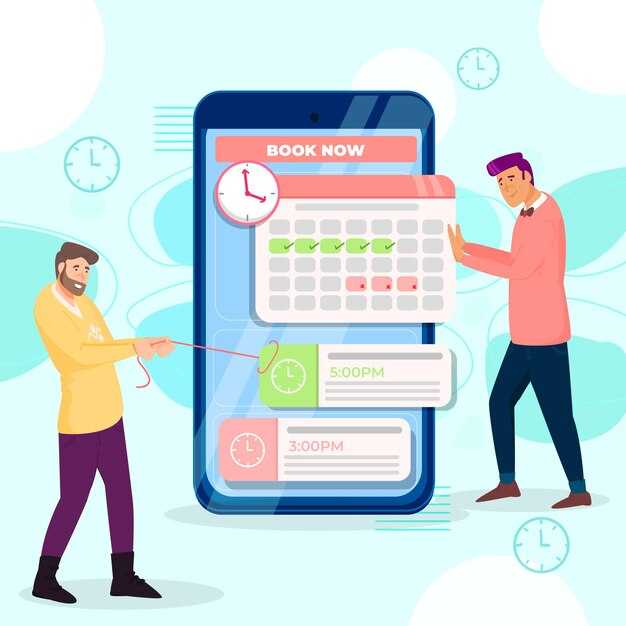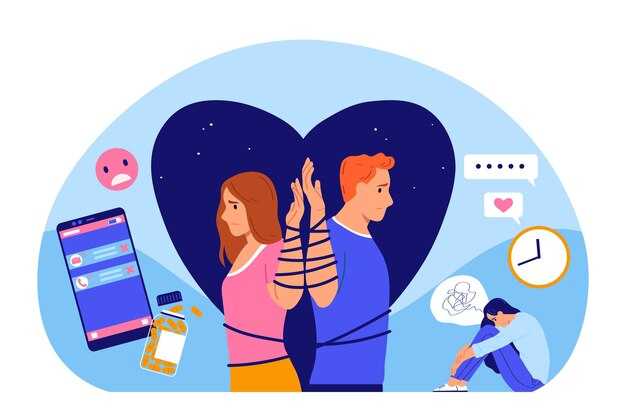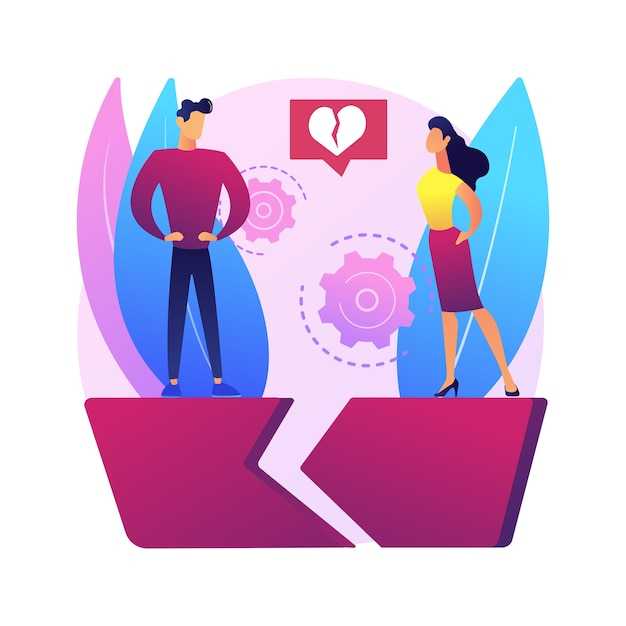Be very clear on one thing. If the person you just split from had an avoidant style, this needs to land: you are not losing your mind, you are not overly sensitive, and you were not asking for too much. You were in a relationship where closeness felt threatening to the other person, so any move toward intimacy made them recoil. Whenever you reached out, they retreated; whenever you sought connection, they offered distance. That pattern is not love — it’s a learned survival response. And here’s the part few people admit: ending a relationship with someone like that often intensifies the hurt. Suddenly all the emotional labor they refused to carry falls onto you, and that weight can feel unbearable. Maybe there’s hope that they’ll return. Maybe they already crawled back with half-apologies and empty promises. But right now the focus must be on one person: you — and five essential steps that stop the replayed pain and start real recovery. Closure rarely comes from the person who created the chaos; it has to be manufactured by you. Close the door. Lock it. Own that act of finality yourself. Ask the hard questions: if they ghosted, breadcrumbed, dated others during the split, or reappeared only to vanish again, why are they still in your contacts? Why keep checking their stories? Why leave a crack open for someone who slammed the door? Blocking feels severe because it is decisive. When silence is still experienced as waiting, it doesn’t feel like strength. That profile pic you refresh, that last online status you monitor — those aren’t closure. They’re self-sabotage masquerading as hope, and they keep you trapped because the brain loves detectable patterns. Intermittent attention — disappearing, then texting; ignoring, then liking — registers not as danger, but as a reward worth chasing. That’s how trauma bonds are formed: crumbs become conflated with care. Healing doesn’t happen with the door ajar. It begins by shutting it firmly. Practical first moves are simple and protective: block the person, mute mutual friends who feed updates, delete message threads. This isn’t petty revenge; it’s the preservation of peace. You cannot clear space inside your head while they still occupy your feed, nor can you move forward while waiting for a message that may never arrive — or that will return only to confuse you all over again. Don’t fall into the guise of “being the bigger person” by staying available; access was violated when emotional safety was breached, and you owe no one continued entry to your life because they mishandled it. Blocking is not cruelty; it is clarity, and clarity is the first step toward peace. One reason people keep slipping back into the same harm is that memory rewrites the story after a breakup. The brain tends to hold onto the tender moments — the cuddles, soft messages, the “I miss you” texts — and selectively forgets the nights of dread, the 2 a.m. panic when a message was ignored, the shrinking of self that came from being made to feel unreasonable for wanting basic emotion. That happens because the mind prefers to remove sharp pain and finds easier closure by romanticizing chaos instead of facing facts. That’s why this next exercise is non-negotiable: write it down in your own hand so the nervous system gets a physical cue that the record is different from the fantasy. Pull out a journal or open a notes app and answer these prompts clearly: 1) What did they do repeatedly that caused harm? (Examples: ghosting, dismissing your feelings, evading difficult conversations.) 2) When did you sacrifice your own needs to keep the peace? Be specific. 3) Which red flags were ignored because potential was privileged over behavior? Potential is not a personality. 4) If a best friend were treated this way, what would you tell them — and then say that exact thing to yourself. This exercise validates your experience rather than gaslighting it. Trauma can explain, but it cannot excuse mistreatment. If someone didn’t feel safe giving love, that is their responsibility to address, not yours to repair at the cost of your well‑being. Seeing the conduct and your responses laid out on paper dissolves the fog. The question shifts from “What is wrong with me?” to “What happened to me was wrong.” That recognition is not weakness; it’s the beginning of waking up. The thing that hooks you is rarely the person — it’s the cycle. The push and pull, the rush that follows sudden return after silence, is intermittent reinforcement: the same mechanism that keeps gamblers glued to slot machines. Each disappearance followed by reconnection gives a false signal that meaning or permanence is arriving. The brain mistakes unpredictability for passion. To break free, blocking won’t be enough; the nervous system must be retrained through deliberate pattern interrupts — physical, emotional, and mental. Practical examples: take cold showers in the morning to choose discomfort on your own terms and reinforce internal control; sprint or lift heavy weights to reclaim bodily power and discharge trapped stress; commit to a digital detox for three days because endless scrolling delivers inconsistent social stimuli that mimic the same reward cycle. Replace urges to check the phone with micro-actions: ten deep breaths, writing the line “This feeling will pass, and I will be stronger,” or stepping outside for a silent walk with no music to simply be with the body. Habits change the wiring. Healing begins when cravings are interrupted repeatedly. Each time the impulse to message, refresh, or spiral is resisted, new neural pathways form — and a different message is encoded: chaos will no longer be chased; peace and self-respect will be chosen. Rebuilding also means restoring trust in the self. The reason that relationship persisted was not a lack of information; it was a loss of confidence in personal judgment. Intuition was doubted, small alarms were silenced, and red flags were tolerated because of a creeping belief that maybe the reaction was exaggerated. Now the aftermath includes a fractured sense of self, and repair comes through micro-wins rather than grand declarations. Keep tiny promises to yourself every day: the five-minute walk you said you would take, switching the phone off at 10 p.m., drinking water and tracking it. Each small follow-through communicates to the brain, “I show up for me.” Confidence is built by consistent action — it is not an abstract feeling. Start by stacking three micro-wins daily: make the bed to reclaim the environment, move the body to reclaim energy, say no to one draining demand to reclaim power. These are not trivial gestures; they are foundational acts of sovereignty. When doubts whisper, “What if they come back?” the answer will already be clear: the important question becomes, “Do I want the person I had to break myself for?” Micro-wins create the clarity that sets people free. Finally, confront the truth that this breakup revealed: the relationship exposed where standards had slipped and how much of yourself was sacrificed for a little affection. That revelation is a gift if it becomes the catalyst for change. Use it. On a fresh page, instead of drafting an ideal partner, write a list of non-negotiables — what will never be tolerated again: “I will not have to explain why I deserve emotional safety,” “I will not trade present behavior for future potential,” “I will not shrink myself to be more palatable for someone else’s wounds.” Then craft new standards grounded in clarity, self-worth, and peace: “My emotions are valid even if someone else cannot understand them,” “If love makes me anxious, it is not love,” “My peace matters more than someone else’s confusion.” These are protections built from wisdom, not walls. Pain pointed back to the self for a reason; the future self is watching and will benefit depending on whether this moment is used to refine or to rot. Stop begging to be chosen; start choosing yourself so strongly and consistently that anyone who can’t meet that standard simply cannot reach you. Raise standards, anchor them in daily behavior, and make them immovable. Remember: disconnecting from yourself in that relationship is not the same as being lost forever. If it was possible to be pulled away, it is possible to be guided back. Actions already taken — blocking breadcrumbs, writing hard truths, changing habits, rebuilding trust, and elevating standards — constitute not just recovery but a rewrite of the emotional blueprint. The process is painful; some nights will feel hollow and the phone will feel heavy. But the fact that attention is being paid, choices are being made, and work is being done means progress is already happening. The real victory is not a reconciliation; it is the decision to never again lose yourself for the sake of being loved. Being hard to love is not the issue — the problem was loving someone who couldn’t receive it. Now love turns inward: trust the “no,” honor the “yes,” and listen to intuition. That version of you has been waiting. To make the clarity public and concrete, finish this sentence out loud or in a comment: “The moment I knew I couldn’t go back was when…” Speaking the truth aloud makes it real. And finally, accept this: there is no need for the other person to return and admit they were wrong. Stop pretending they were ever right for what was needed. Close the chapter, keep the lesson, and refuse ever again to lower standards simply to feel chosen.
Additional Practical Tools to Accelerate Healing

Below are concrete strategies and quick scripts you can use to reinforce the five steps and protect your recovery in everyday life. Pick a few and commit to them — consistency matters more than intensity.
- No-Contact Plan: Decide a clear timeframe (30, 60, or 90 days) and treat it like a detox. No texts, no calls, no stalking social media. If practical matters require communication (shared children, finances), set strict parameters and use third-party channels or written agreements only.
- Prepare a Trigger Response Kit: a short list of actions you will take when cravings hit — 1) 5 minutes of box breathing (4-4-4), 2) 10 push-ups or a brisk 5-minute walk, 3) read aloud the sentence “This feeling will pass, and I will be stronger,” 4) call a single trusted friend with a pre-agreed code word. Rehearse these until they become automatic.
- Grounding Tools: Use the 5-4-3-2-1 sensory exercise (name 5 things you see, 4 you can touch, 3 you hear, 2 you smell, 1 you taste) to bring the nervous system back to present reality when memories feel overwhelming.
- Micro‑commitments for Rebuilding Trust: Create a short daily checklist (make bed, drink water, 10 minutes of movement) and mark it off each day. Keep the list visible. Small wins rebuild credibility with yourself faster than motivational speeches.
- Red‑Flag Checklist for Future Relationships: impatience with your emotions, repeated boundary-testing, secrecy about time/contacts, gaslighting, or refusing accountability. If these appear, treat them as data, not drama.
- Scripts for When They Reappear: short, decisive responses keep you in control. Examples: “I have chosen not to engage anymore.” “I’m focusing on my healing; please don’t contact me.” Or no response at all — silence is an answer.
- Journaling Prompts (next level): “What did I teach them I would accept?” “What did I learn about how I want to be treated?” “What boundaries will I enforce starting today?” Write both the problem and the specific solution you will use next time.
- When to Get Professional Help: reach out if you experience persistent insomnia, suicidal thoughts, inability to function at work or with kids, or if you feel stuck after months despite trying self-help. Therapists trained in attachment work, CBT, EMDR, or somatic therapy can accelerate recovery.
- Relapse Prevention Plan: identify your biggest triggers (time of day, places, mutual friends), list three immediate activities to redirect your attention, and name two accountability partners you will text instead of the ex. Revisit this plan weekly.
- Safe Steps for Dating Again: wait until you’re consistently practicing self-care and have a functioning no-contact boundary. On early dates, prioritize curiosity, consistent communication, and small tests of accountability (do they follow through on plans?). Prefer behavior over promises.
Recommended Resources (Short List)

- Books that help reframe attachment and healing: Attached by Amir Levine & Rachel Heller; The Body Keeps the Score by Bessel van der Kolk (for trauma-informed perspective); Tiny Habits by BJ Fogg (for building micro-wins).
- Apps for grounding and sleep: breathing apps (Box Breathing, Calm, Insight Timer), habit trackers (Habitify, Streaks), and journaling (Day One, simple notes app).
- Support options: individual therapy, online support groups for relationship recovery, or a trusted accountability partner who understands your boundaries.
Final note: healing is not linear. Expect good days and setbacks — both are meaningful. The most important measure of progress is not that you never think of them again, but that each time you do, you choose a response that protects your peace. Over time those choices become the person you are — one who requires respect, keeps promises to themselves, and refuses the slow erosion of dignity for the sake of being held. Keep building. You are the person who will have to live with you forever; start investing in that relationship now.


 Ainda Sentindo Falta Deles? Estas 5 Etapas de Cura Vão Te Libertar do Encanto do Evitador | Mel Robbins">
Ainda Sentindo Falta Deles? Estas 5 Etapas de Cura Vão Te Libertar do Encanto do Evitador | Mel Robbins">

 How to stop HURTING your partner.">
How to stop HURTING your partner.">
 Why You Miss the Red Flags (Until You’re Already Trapped)">
Why You Miss the Red Flags (Until You’re Already Trapped)">
 Scheduling “Intimacy” Agree or Disagree?">
Scheduling “Intimacy” Agree or Disagree?">
 5 Trauma Habits That Are Secretly Ruining Your Life">
5 Trauma Habits That Are Secretly Ruining Your Life">
 Keep God out of Relationships.Right?">
Keep God out of Relationships.Right?">
 How to FIX your MARRIAGE! You’ll need these TOOLS!">
How to FIX your MARRIAGE! You’ll need these TOOLS!">
 The Exact Moment the Avoidant Finally Cracks | Mel Robbins Best motivational speech">
The Exact Moment the Avoidant Finally Cracks | Mel Robbins Best motivational speech">
 4 Questions Avoidants can’t answer, Don’t be Late, Ask them This | Jordan Peterson">
4 Questions Avoidants can’t answer, Don’t be Late, Ask them This | Jordan Peterson">
 Esses Sinais Significam que uma Pessoa Evitativa Sente Amor Autêntico por Você (Psicologia)">
Esses Sinais Significam que uma Pessoa Evitativa Sente Amor Autêntico por Você (Psicologia)">
 Como Validar os Sentimentos Irracionais do seu Parceiro">
Como Validar os Sentimentos Irracionais do seu Parceiro">